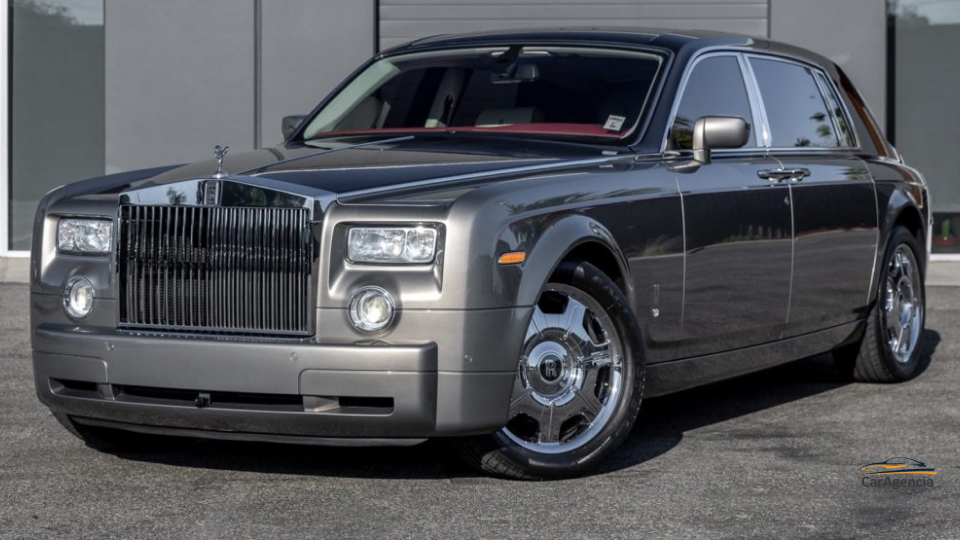 Kiran C
Kiran C
Buying a car is one of the biggest decisions you'll make. Whether you're a first-time car buyer, sticking to a budget, or want to lower your environmental footprint, deciding between a used car and a new car can feel overwhelming. Both options have their pros and cons, and this blog will help you weigh them to figure out which is right for you.
New cars have a lot of appeal for buyers, especially if you prioritize features and peace of mind. Here are the key benefits and drawbacks of buying new:
Latest Technology: New cars come equipped with the latest safety features, fuel efficiency improvements, and technology like lane assist, touchscreen displays, and advanced sensors.
Warranty Included: Most new cars come with warranties that last for several years or a specific mileage limit, helping you avoid repair costs for a while.
Reliability: You get a car fresh from the factory, meaning no previous wear and tear, which lowers the chances of immediate repairs.
Personalization: Buying new lets you choose the model, color, and features you want.
Higher Price: New cars are significantly more expensive than used ones.
Depreciation: A new car loses about 20–30% of its value in its first year alone. This means you'll end up paying more for a car that quickly loses resale value.
Insurance Costs: Insurance for a new car is generally higher due to the higher value of the vehicle.
Used cars offer great advantages for many buyers, especially if you're working with a tight budget. Here's why a used car could be the right choice for you:
Lower Cost: Buying used is far less expensive upfront, letting you save money or buy a better car for your budget.
Less Depreciation: A used car has already gone through its largest depreciation hit, so its value doesn't drop as sharply over time.
Lower Insurance Costs: Insuring a used car is usually cheaper than insuring a new one.
Eco-Friendly Choice: Giving a car a second life reduces the need for additional manufacturing, which lowers the demand for resources and helps the environment.
Higher Maintenance Costs: Used cars, depending on their age and mileage, may need more frequent repairs and maintenance.
Potentially Limited Warranty: Many used cars no longer come with warranties, so you'll be responsible for repair costs.
Less Choice: Unlike new cars, you may have to compromise on the exact model, color, or features you want.
Here are a few factors to consider when making your decision:
Your Budget: If money is tight, a used car can save you a lot upfront. Just make sure to factor in maintenance and repair costs.
Your Needs: If you need the latest features or a car with fewer chances of breaking down, a new car might be the better fit.
Environmental Impact: If you want to reduce your carbon footprint, consider a used car or even a hybrid/electric option.
Do Your Research: Read reviews of the car models you're considering and compare prices using trusted platforms.
Get a Car Inspection: For used cars, always request a vehicle history report and have a trusted mechanic inspect the car.
Compare Financing Options: Whether you're buying new or used, shop around for the best financing or loan terms.
There’s no one-size-fits-all answer to whether a new car or a used car is better. It all depends on your budget, lifestyle, and priorities. New cars offer peace of mind and the latest features, while used cars are wallet- and eco-friendly.
Need help figuring out where to start? Budget carefully, research thoroughly, and choose the option that best aligns with your goals. Whether you go new or used, the best car is the one that gets you where you need to go safely and comfortably.
Happy car shopping! 🚘